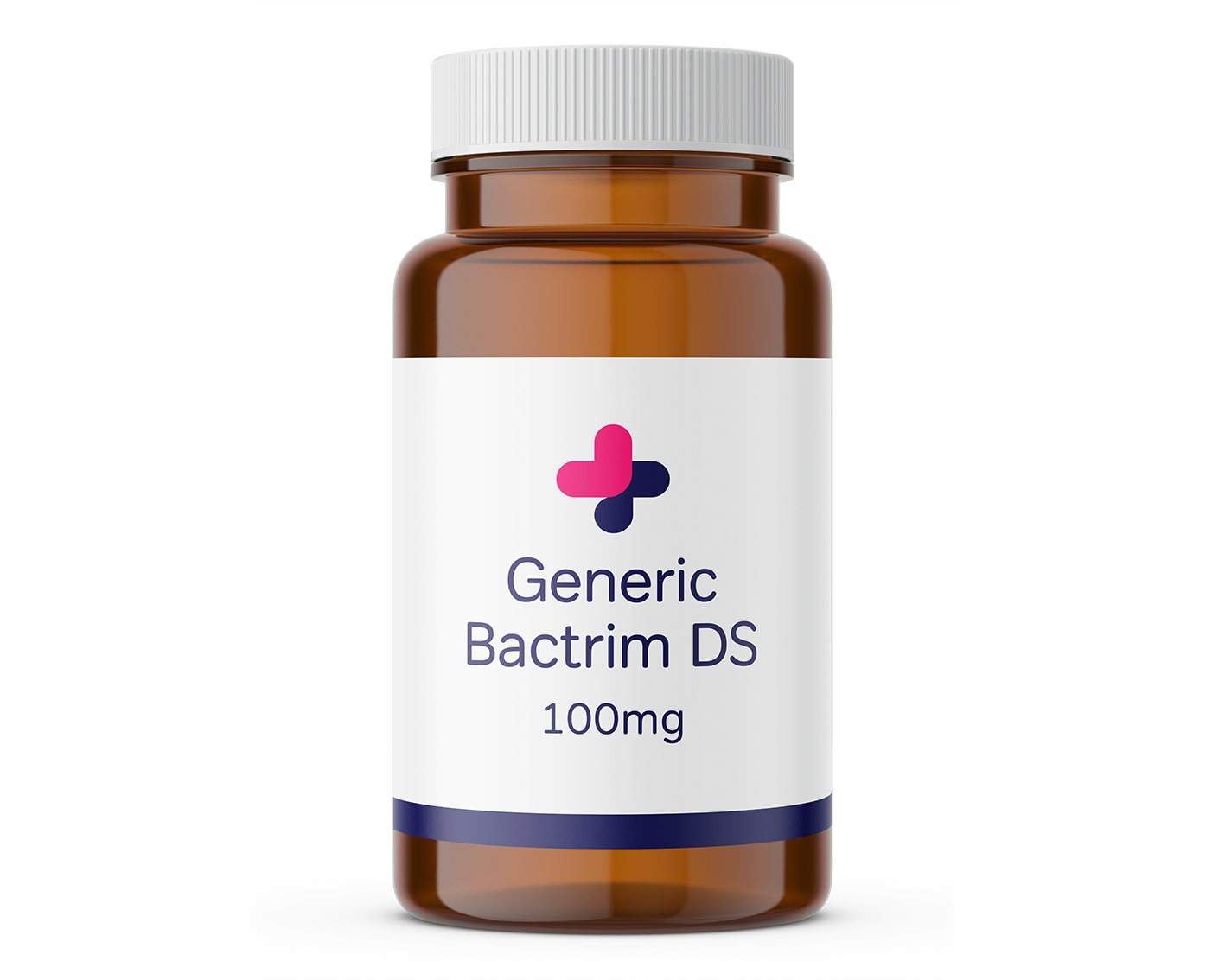Sulfamethoxazole-Trimethoprim
Relieve UTIs with generic Bactrim DS antibiotics on prescription
Trimethoprim (generic Bactrim) is frequently used to treat UTIs, as it kills the bacteria quickly and makes you feel better within a day or two.
Start your consultation to buy Sulfamethoxazole-Trimethoprim
Start your consultation to buy Sulfamethoxazole-Trimethoprim
Buy Sulfamethoxazole-Trimethoprim from a trusted U.S. Pharmacy

- Fully authorized pharmacy
- Price checked medication
- Free shipping
















Quick and discreet
I ordered Azithromycin tablets for chlamydia treatment, received it next day in a brown discreet pack, and cheaper than all other pharmacies, can't ask for more
Jordan McCann